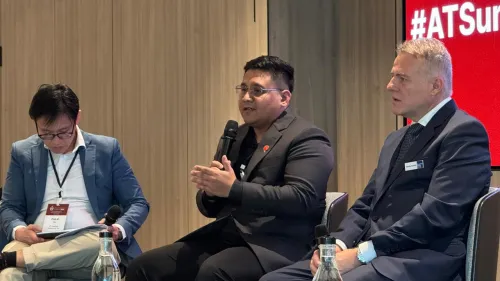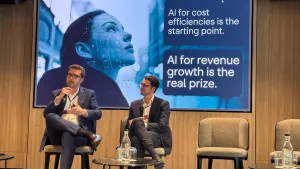Quantum-safe upgrades guard Malaysia’s AI expansion
Nokia, Extreme Broadband, and Open DC are upgrading six AI data centers.
Malaysia’s push to cement its role as a digital hub in Southeast Asia is gaining momentum as Nokia, Extreme Broadband, and Open DC announced upgrades to six AI data centers with quantum-safe, multi-cloud networks. The move reflects both the country’s rapid growth in AI demand and its need to address pressing infrastructure challenges.
“Malaysia has rapidly established itself as one of the top data center hubs in Southeast Asia,” said Kent Wong, Vice President and Head of IP Networks Asia Pacific, Nokia. “One is strong AI demand and services requirements for enterprises all over Asia Pacific. Second, spillover demand from Singapore… And third is very strong Malaysian government support to provide power, land and infrastructure to support such a data center built out.”
Open DC sees broad momentum across industries fueling this growth. “There is actually a strong interest in the industry to continue to develop the submarine projects… There is also a digital service ecosystem with strong growth in the FinTech, gaming, e-commerce and smart city projects. All these help to drive up the demands for the National Digital Initiative,” said Wong Weng Yew, Managing Director, Open DC.
At the center of the upgrades is Nokia’s quantum-safe networking technology. “Today’s encryption works, but not forever,” Wong said. “RSA cannot be cracked by a traditional computer, but can be cracked by a quantum computer… The network built by Nokia can actually encrypt all this traffic… that cannot be cracked by quantum computers, and this makes the network very safe for financial sector government and highly sensitive AI related traffic.”
Yet challenges remain. Wong cited the need for “ultra low latency, high capacity and very secure connectivity” to handle AI workloads. Weng Yew pointed to energy and skills shortages. “With the bulk of this energy supply still relying on fossil fuels, this actually puts a lot of stress on the local energy providers… there is a scarcity of skilled professionals in the AI cloud and data centers operations.”
The collaboration also prioritises multi-cloud readiness. Wong explained that enterprises now depend on multiple providers, requiring “very high capacity, low latency, secure network” to connect seamlessly. Weng Yew noted that one fintech client cut latency by up to 50% after adopting Open DC’s multi-cloud solution.










